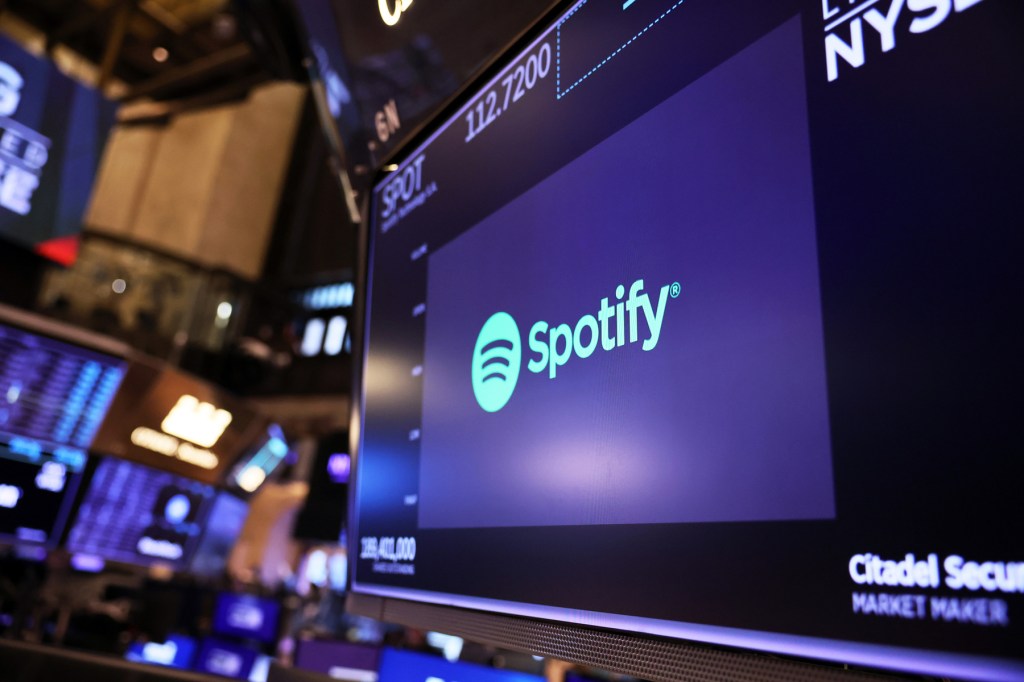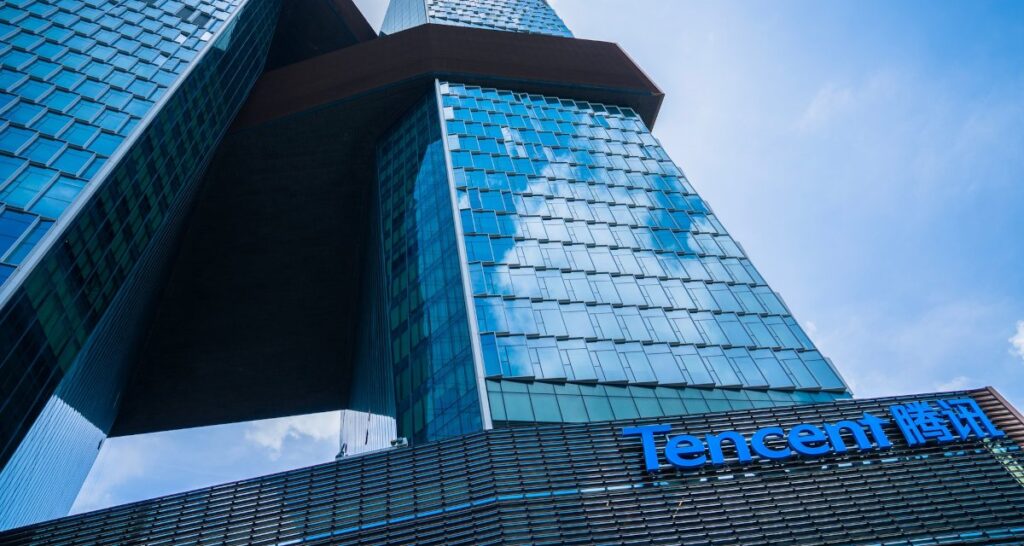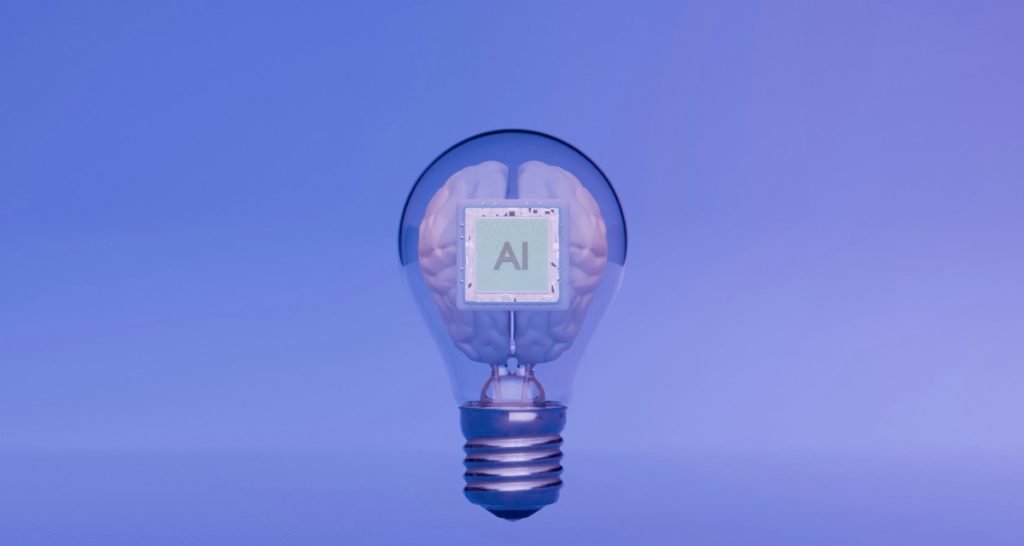Universal Music and Warner Music Reportedly Set to Ink ‘Landmark’ AI Licensing Pacts ‘Within Weeks’

Photo Credit: Ambre Estève
The major labels – or at least Universal Music and Warner Music – are reportedly closing in on AI licensing agreements with ElevenLabs, Google, and others.
That’s according to a Financial Times piece pointing specifically to possible “landmark AI licensing deals” between the mentioned majors and multiple tech companies. As laid out by the report, some of the pacts (and attribution-centered compensation frameworks) could arrive “within weeks,” and related talks have thus far involved ElevenLabs, Google, Spotify, Stability AI, Suno, Udio, and Klay Vision.
Beyond this overview, the article, as is often the case with finance-side coverage of the music sector, is light on concrete details. In the first place, the text only mentions Sony Music once; the major in a noncommittal statement confirmed ongoing “discussions with companies that have ethically trained models.”
Next, many are aware that Suno and Udio are facing infringement complaints from the majors. Though reports previously revealed licensing and settlement talks between the parties, evidence – referring to recently filed expanded actions – suggests resolutions may not be in the near-term cards.
Meanwhile, Universal Music already has a deal in place with Klay Vision. In October 2024, the two announced plans to coordinate “on a pioneering commercial ethical foundational model for AI generated music that works in collaboration with the music industry and its creators.” Assuming it crosses the finish line, said model will presumably appeal to Warner Music and Sony Music as well.
A bundling-crazed Spotify, for its part, has reupped with each of the majors during 2025, and the appropriate releases didn’t mention gen AI training. The FT, citing purportedly well-informed anonymous sources, acknowledged that “no [AI] deal was imminent” between the companies and the DSP.
That leaves ElevenLabs, Google, and Stability AI. August saw ElevenLabs roll out a music generator called Eleven Music – and boldly declare that the model, “[c]reated in collaboration with labels, publishers, and artists…is cleared for nearly all commercial uses.”
Subsequently, the Merlin- and Kobalt-partnered company confirmed it hadn’t licensed or even utilized the majors’ catalogs.
The Gemini developer Google’s aggressive AI objectives aren’t exactly a secret, and the YouTube parent is currently hammering out related agreements. Thus, bolstered tie-ups don’t appear to be impossible here. Finally, late July brought a music-licensing change of heart for Stability AI, which called for, among other things, artist compensation for training.
While a bit late in the game, the pivot has seemingly left an opening for licensing pacts and is certainly preferable to an opt-out system not for the training process, but for outputs themselves.
Link to the source article – https://www.digitalmusicnews.com/2025/10/02/universal-music-warner-music-ai-licensing-deals/
-
POGOLAB Electronic Drum Set, 7 Pads Roll Up Electric Drum Pad with Wireless Function, Portable Rechargeable Midi Drum Kit with Built-in Speaker/Pedals/Headphone Jack, Great Holiday Gift for Beginner$49,99 Buy product
-
E.L.K. Inc. Power Bugle PRO Edition Elk Bugle-One Size$0,00 Buy product
-
XSONIC Airstep Spk Edition Spark 40&Mini&Go Foot Controller with 5 Footswitches, 4 Control Modes(Change Presets, Toggle Effects, Looper), 300H Playtime, Wirelessly Control Spark for Home and Gig$76,49 Buy product
-
POMAIKAI Beginner Ukulele Soprano Uke 21 Inch Starter Ukelele Four String Wood Hawaii Wood Uke (Light-Blue)$39,99 Buy product
-
Fender Squier 3/4 Size Kids Mini Strat Electric Guitar Learn-to-Play Bundle w/ Amp, Cable, Tuner, Strap, Picks, Fender Play Online Lessons, and Austin Bazaar Instructional DVD – Black$289,99 Buy product
-
ROCKSOCKI Electronic Tabletop Drum Set, Portable Digital Drum Kit 7 Velocity Sensitivity Drum Pads, LED Music Level Light, USB-MIDI Mac & PC Support, Ideal Gift for Adult and Beginners$99,99 Buy product













Responses